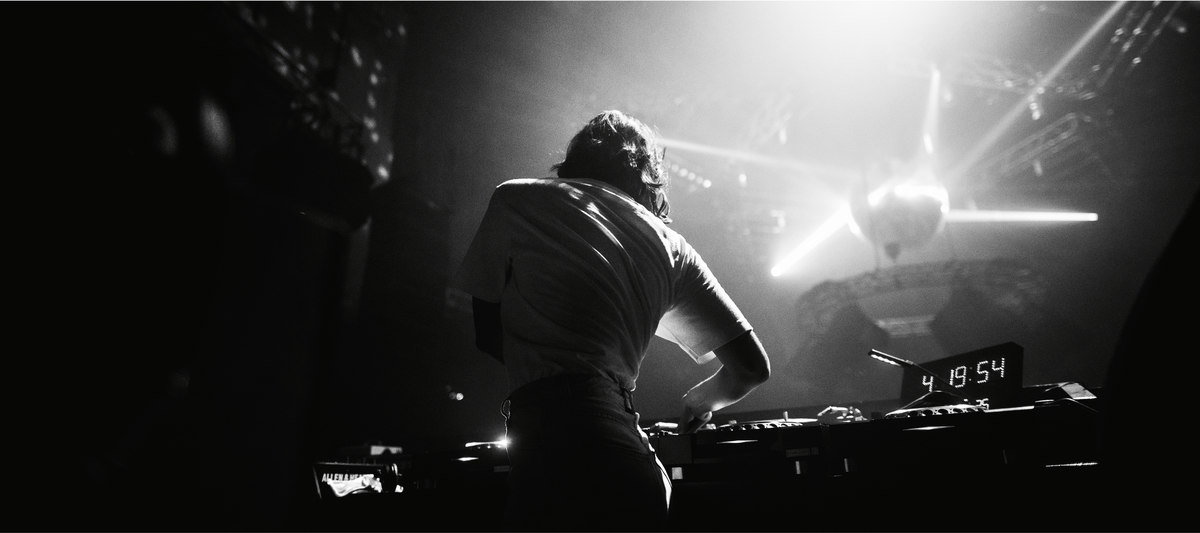
Until the end of the night
She is considered one of the most fascinating artists in the international club and techno scene. Nina Kraviz, producer, singer and DJ, uses the universal language of music to thrill crowds all over the world.
Jan Schlüter (copy) & Ryuya Amao (photo)
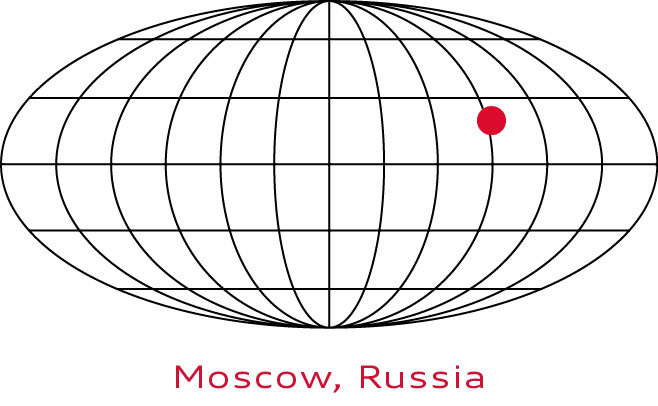
Nina Kraviz is difficult to pin down since she’s always on the go. It’s almost unrealistic to expect a face-to-face meeting with her: It would have to take place during a long-haul flight or in an airport lounge. During our Skype interview, Nina Kraviz was in a hotel lobby in San José, Costa Rica. She seems well rested even though just 24 hours ago she was still spinning at the New York nightclub TBA. The Russian native is among a handful of female international DJ superstars. For several years now, Nina Kraviz has been the most prominent and sought-after of this exclusive club, performing around the globe for tens of thousands of fans—at the Coachella Festival in California, one of the world’s largest music festivals, at the genteel Montreux Jazz Festival as well as at the Flow Festival in Helsinki and one of the world’s biggest open-air electronic dance music events, SonneMondSterne on the German Baltic Sea coast. Nina Kraviz doesn’t just spin records, though. She also sings music she produces herself and operates two record labels: трип (Trip) and Galaxiid. Her sound is rough around the edges, energetic, multifaceted, unlike common open-air techno, not particularly easy to digest—and yet she enjoys worldwide success. These days, the mid-thirties artist sometimes performs as many as three sets in a single night.
The Audi Magazine: What fascinates you about performing your music live for so many people?
Nina Kraviz: It goes without saying that it’s important for me to get across my musical ideas. But the true art and greatest creative challenge is interacting with the audience. The goal is to reach out to the dancing crowd, to capture and hold their attention. Until the end of the night.
Interaction and communication, the human factor. In your genre in particular, though, the focus is on digitalization and technical innovation.
Technology offers us a wealth of new options for the production process and playing music to a live audience. But digitalization has not reinvented music. In recent years, new music has first and foremost been louder and noisier, even more amplified and compressed. Plus, the sound systems in the clubs are also becoming more powerful. I can’t say why that is. But I can see that, over an extended period, music has been condensed and optimized further and further. Minimalism and the potency of electronic music are probably the most recent innovations.
Some musicians in the electronic scene are experimenting with artificial intelligence, software that independently generates new sounds. What do you think of that?
In fact, artificial intelligence is already being used in studio production. But I can’t imagine using it during a DJ performance. I don’t have anything against artificial intelligence as long as it doesn’t affect my artistic values of emotion and vulnerability, and doesn’t dampen my passion for music. Unpredictability and spontaneity have to be preserved when making music and spinning records.
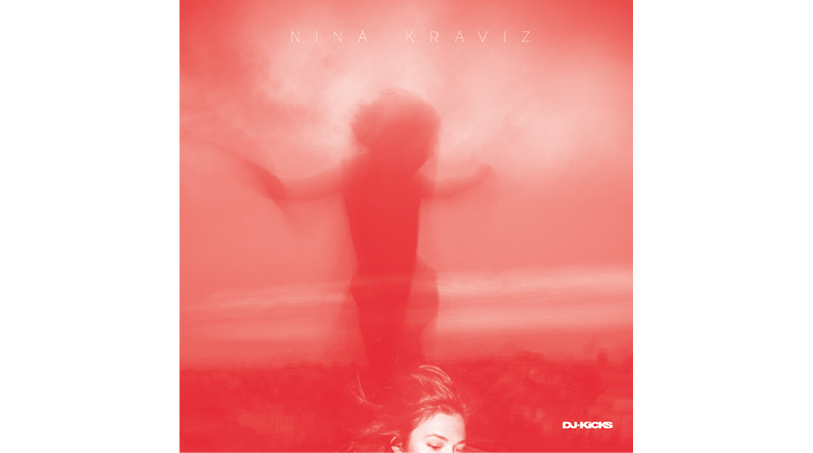
Nina Kraviz has released numerous EPs over the past ten years and runs her own two record labels: трип (Trip) and Galaxiid. She has also published compilations on the internationally acclaimed mix-CD series DJ Kicks and fabric.
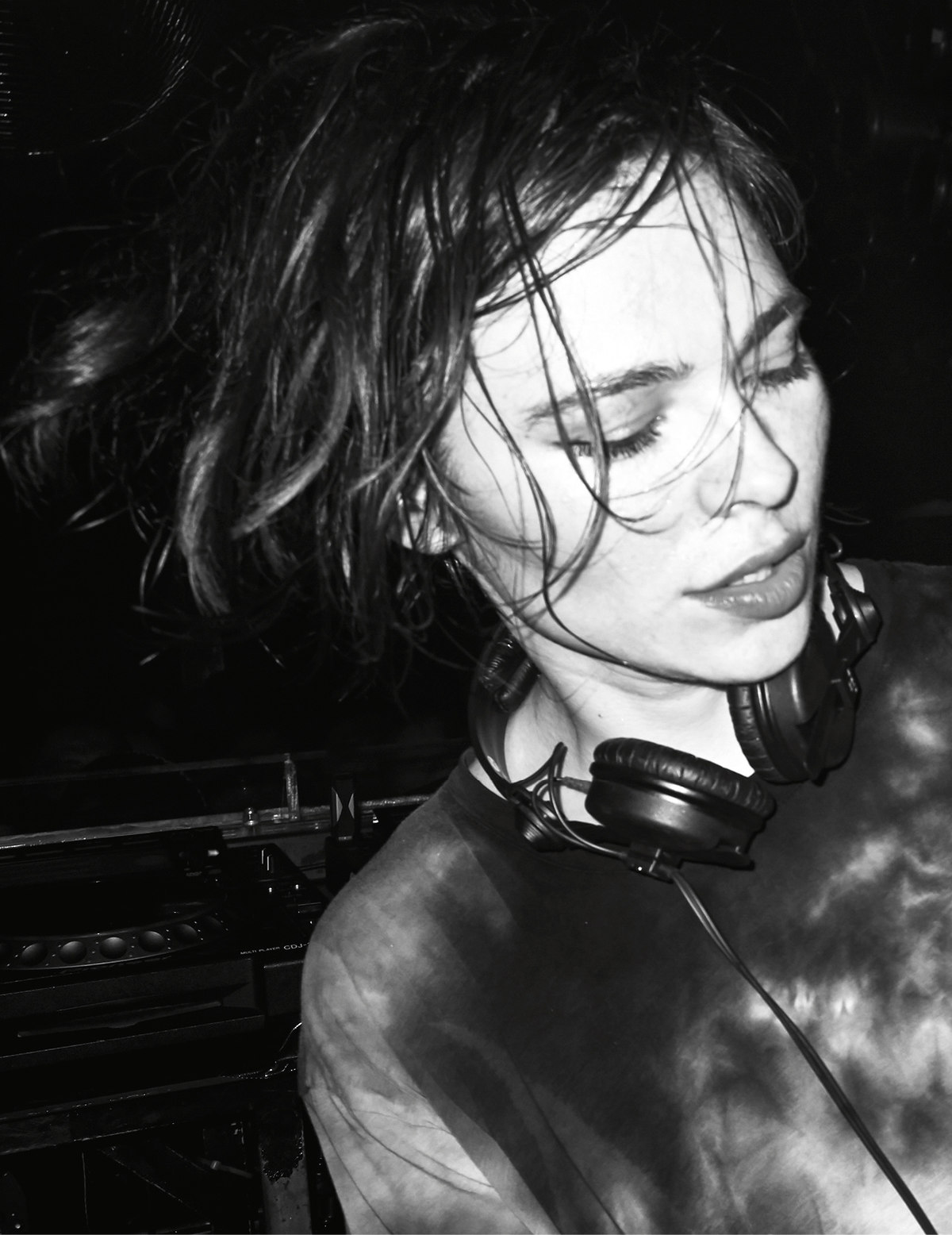
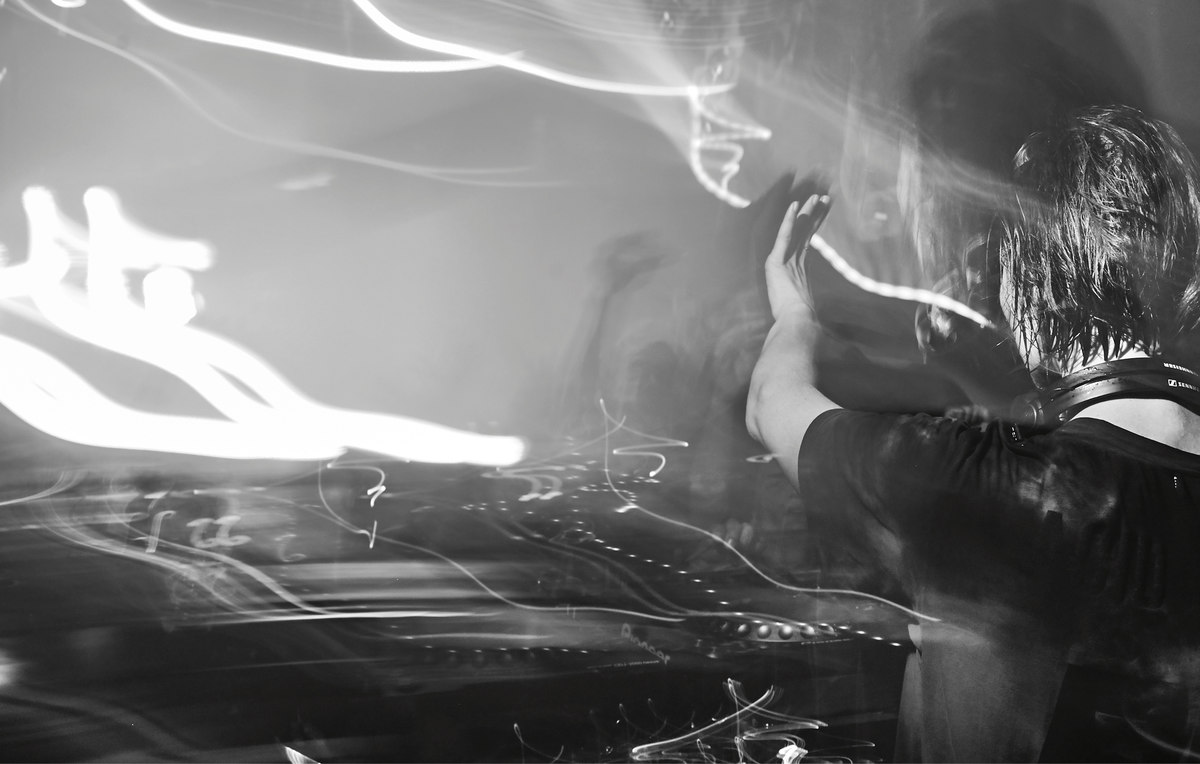
Her prolific online activity has won her impressive numbers of followers on Facebook and Instagram. Nina Kraviz’s recorded DJ sets easily net five million views on YouTube.
In many situations, technology can help and support people. That’s now true for creative processes as well.
The only problem with creative processes is when there is too little creativity. And that’s something technological tools definitely can’t help with. They ultimately only make the situation worse, because artists have to expend less and less energy to foster their own creativity.
You play your own DJ sets without any technical support.
I have never used deejaying programs. That is diametrically opposed to my idea of what being a DJ is all about. Regarding the question of whether DJs should use vinyl or CDs for their performances, I have a clear answer—both. The choice of format directly influences the way I spin. It has a great deal to do with how fast I can make decisions. Besides that, it impacts what I play next and, of course, is linked to the technical process of mixing the music. And to how I perceive and internalize the music.
What is the future of music? How will the way we listen to and consume music change?
What music will sound like always depends on who is composing it, how, for whom, and where it is subsequently performed. I believe that people listen to music differently today than thirty years ago. David Byrne once said, “Music is made for the place it is heard.” I can only agree. Twenty years ago, music was made for small clubs that often had poor sound in the sense that they did not have a good sound system. Today, techno music is produced for festivals with a 20,000-strong audience who can enjoy a first-rate PA sound. The same analogy applies to listening and perceiving music. Studies indicate that, thanks to technological advances, people today have a slightly altered brain structure compared with ten or twenty years ago. I take it that these “new” brains perceive music differently and that music will therefore adapt to these new conditions.
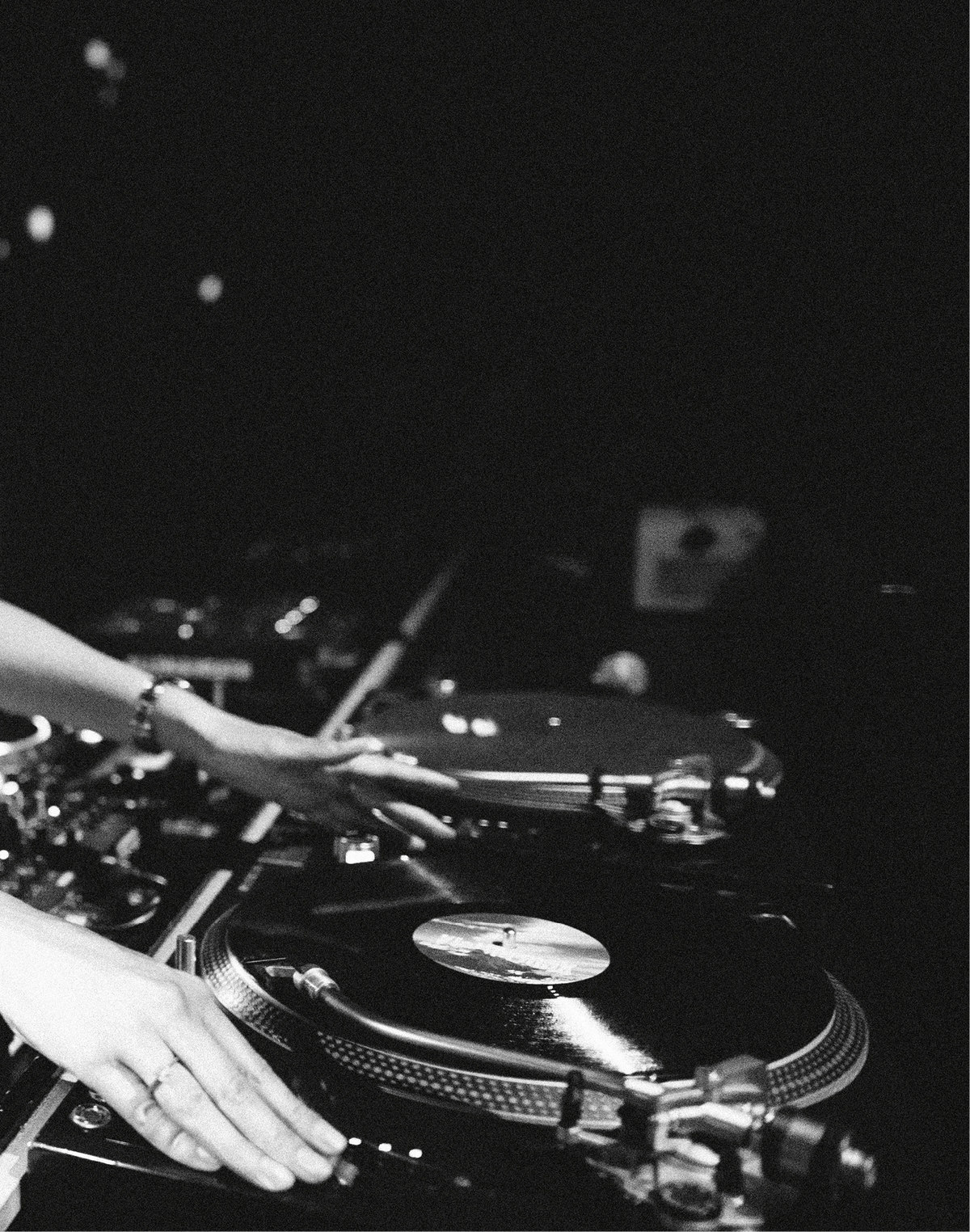
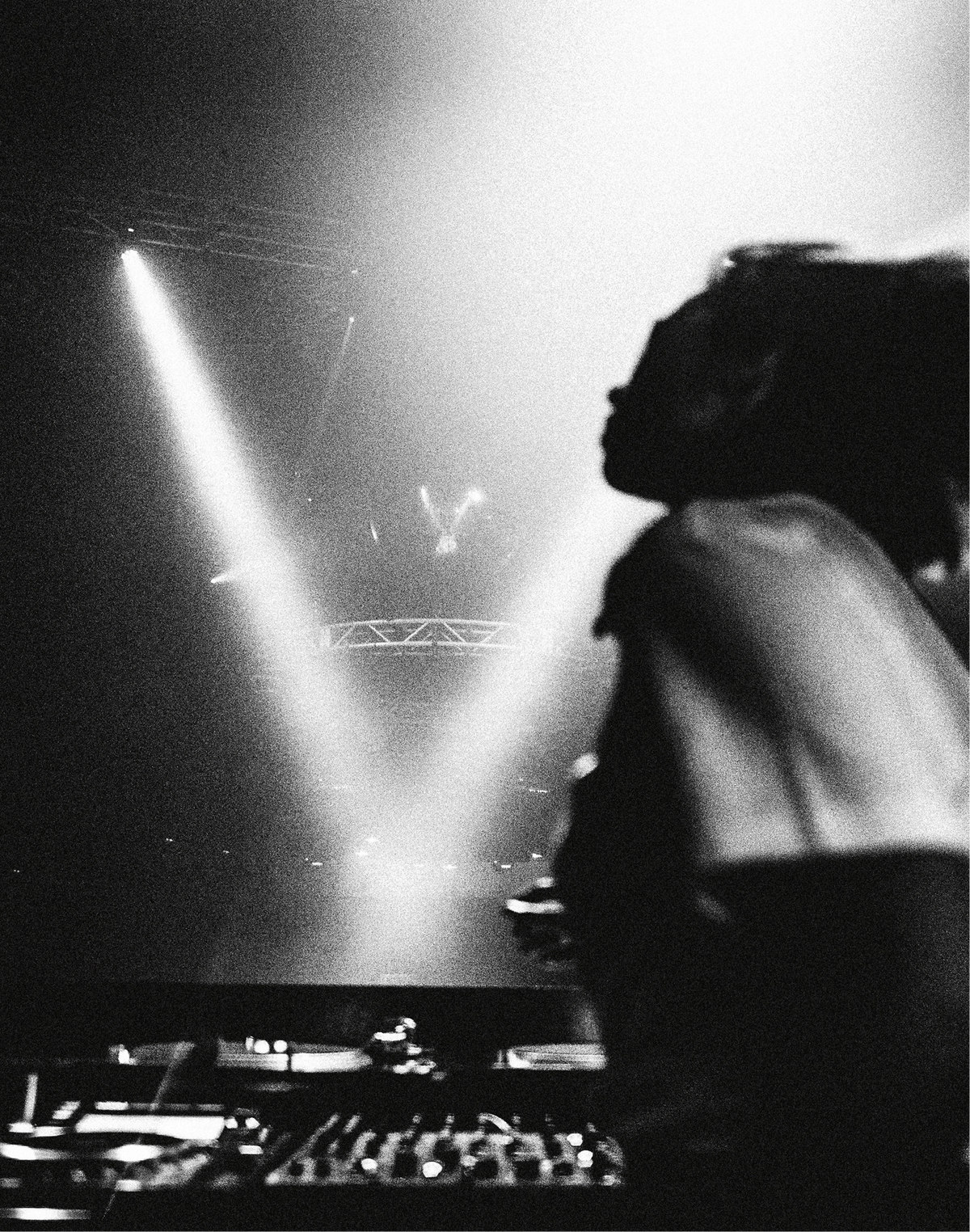
Rumor has it that in your youth you discovered your favorite music on the radio, a true old-school medium.
Yes, that’s true. I discovered techno and electronic music through a DJ show on the radio. To this day, I love radio. And, in 2016, I was the host of my own show on BBC Radio 1. Radio is a great alternative medium for playing music, because you don’t see your audience. That changes the way artists project their creative energy. I can tell a story, and there is a meditative quality to hearing my own voice in the headphones and imagining who I am talking to at that moment. When radio stations invite me to perform live on air, I love to do it, and I have already played DJ sets live.
The life of a star DJ inevitably involves jetting back and forth between the big cities and party spots all over the world. Isn’t that tiring in the long run?
Not for me. I enjoy traveling. It was always the most important thing in my life, even before my music career. Traveling means discovering something new. Observing every new detail and change. Travel is still wondrous for me. Time and again, I am astounded that I can fly halfway across the globe in just a few hours and land in a completely different culture. With a new time zone, a foreign language—and a completely different mentality and outlook on life. And this sensational thought—being part of the world and feeling that everything is interconnected. I often see it as a privilege to travel frequently, since not everyone can do that. Sometimes I get very emotional when I think about how beautiful our world is. Especially when I travel during the day, I always look at the landscape I’m passing through. I love it when I recognize where I am at a given moment. I still remember once when I was traveling back from Japan over Siberia and saw a broad river glimmering in the sun. When I looked on the map, it was the Lena. A waterway more than four thousand kilometers long that weaves all the way into the Arctic. When I saw the river from the airplane, I was as excited as a little kid.
I enjoy traveling.This sensational thought—being part of the world and feeling that everything is interconnected.
Further photo credits: !K7 Records